Windrush founder Adrian will never rest in battle against discrimination in Preston
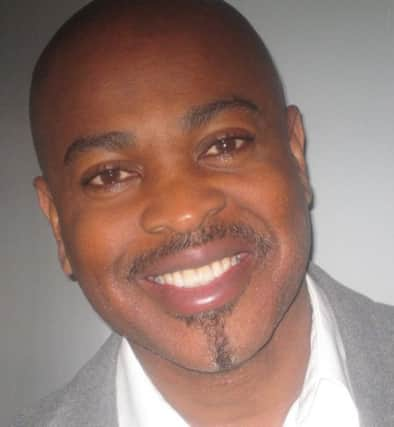

So when he was laughed at and told he should consider being a waiter, it made him even more determined to fight the discrimination over a person’s ethnicity.
The 53-year-old has achieved a lot since that day in the career’s office - and he is intent on making even more improvements over how the Black African community is perceived and treated.
Advertisement
Hide AdAdvertisement
Hide AdHe admitted growing up in Preston as a black teenager was tough as he faced bullying, racism and discrimination. His mum, Maria, was born in Montserrat and his dad, Dennis, came from Barbados.
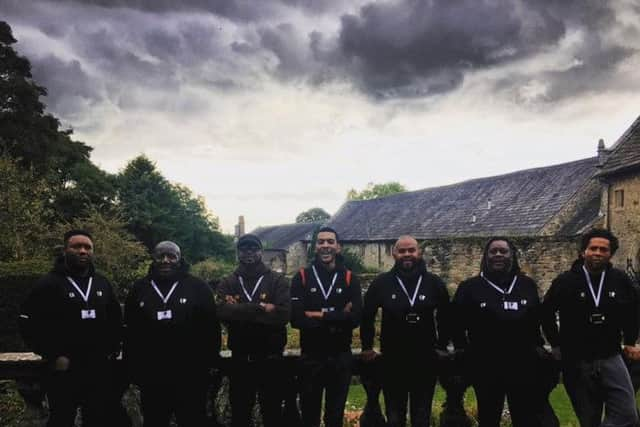

He says: “My first 11 years of life were spent in Preston. At primary school I was the only black male. There may have been another black boy, but he was only there for one year. Then I had the privilege of living in Montserrat from 1975 until 1977. Whilst the island was a beautiful place to live, the schooling came as quite a culture shock as teachers and parents were much stricter in the Caribbean.
“On my return to Preston I attended William Temple High School. But I could not walk down the street - as I walked to school through town I would get called names by adults. I was called things like ‘little black sandboy,’ ‘jam jar,’ (after the golliwogs) and told to get back to my own country.
“I lived in a flat in Orchard Street in Preston, but I couldn’t go out. There was no point because I would get lots of abuse. So I just stayed in and watched TV. As a youngster you can imagine the impact it had on me. It was mentally tough.”
Advertisement
Hide AdAdvertisement
Hide AdA pivotal moment in his life came when he was just 16 and he was considering his future with a careers advisor who shot him down.
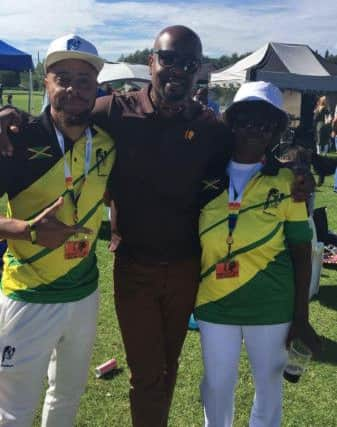

Adrian recalls: “When I was 16 I went to a career’s advisor who asked me what I wanted to do. I said I wanted to do work within the community. She said ‘would you not prefer to be a waiter instead?’
“Not many youngsters at the age of 16 know what they want to do, but I did. So to crush someone down is wrong. But that was how it was for me. There was no difference there than with the teachers at school.
“As I got older, I realised the teachers had no way of knowing any better. They watched the same 1970s TV programmes with the same stereotypes, such as Love Thy Neighbour and Mind Your Language and they read Enid Blyton who wrote about golliwogs.”
Advertisement
Hide AdAdvertisement
Hide AdDetermined not to let stereotypes define him, Adrian completed foundation courses in history, general science, English and maths at WR Tuson College, located in Winkley Square, Preston.
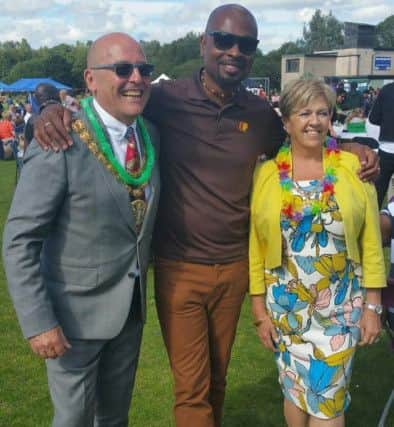

He remembers: “It was here that I developed a passion for sport, in particularly cricket. I played cricket for all three Preston based West Indian cricket teams: Jalgos, Caribbean Club and Caricom. I also developed a love of boxing and viewed Muhammad Ali as an inspirational sportsman.”
It was whilst following the news of the Brixton riot in 1981 that Adrian felt moved to take action.
He says: “Black people were very angry. They were suffering particularly high unemployment, poor housing, and a higher than average crime rate.
Advertisement
Hide AdAdvertisement
Hide Ad“They knew what they wanted to do and achieve in life, but they felt they were being put off.
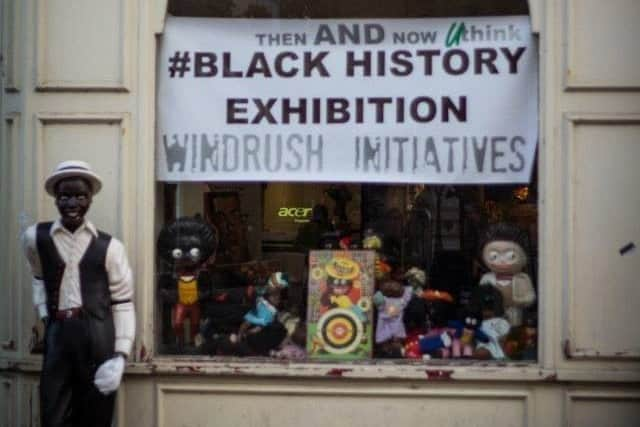

“I started working in the African/Caribbean community in 1983 and quickly identified a need for a community centre, hence The Unity Centre was born.
“I couldn’t believe the difference it made. There were guys who were going to prison three times a year were no longer committing crimes because they had somewhere to go. They realised people cared for them and understood them,
“A large part of my work consisted of looking at issues that directly affected black people and their families, such as unemployment, further education, police relations, racial discrimination, and sex education to name but a few.”
Advertisement
Hide AdAdvertisement
Hide AdSadly the centre closed five years later, but people were still turning to Adrian for help.
He recalls: “I remember the first day we left the community centre. I got a knock on my door at 4pm. I could not believe it. There was a black guy outside, He said he missed talking to me. People came to me with their problems but they had no base and no real way of finding me.”
Despite the Black African and Caribbean community not having a centre since, Adrian has made it his mission to continue supporting them.


He began working with the Lancashire Youth Service and created a football team and a cricket team. He adds: “Cricket was a great way of breaking down barriers. “When the black community first came to Preston it was a great way to integrate.”
Advertisement
Hide AdAdvertisement
Hide AdWith the help of Paul Burke, former Commonwealth boxing champion, he developed Boxercise, a combined boxing and exercise group, aimed at helping and developing young, black people in poorer areas of Preston.
The father-of-two adds: “I’ve also benefitted from working closely with Barnados and The Salvation Army. The skills and knowledge I earned enabled me to start the Big Brother Project, mentoring black and mixed race young men with no father figure. My knowledge, experience and talents are now used in delivering race awareness courses to organisations, such as the police and voluntary services.”
Adrian’s many influential projects including working with police to tackle knife crime amongst black teenagers; supporting homeless people and delivering The Black Experience talk to police officers, the Foxton Centre, schools and community groups in Preston, Liverpool and Manchester to aid people’s understanding.”
Adrian’s most recent and prominent initiative is Windrush, which he set up in 2013 with Melissa Hatch and Carol Harris.
Advertisement
Hide AdAdvertisement
Hide AdThe biggest event in their diary is the Windrush Festival, which takes place at Vernon Carus in Penwortham every June.
He says: “Windrush works with everybody, but predominately young people, the elderly and mixed race families. Instead of differences, we look at similarities. “We are all one and that is how it should be. My main focus is to develop Windrush to become the heart of our diverse, multi-heritage community.”
Building on this, Adrian has launched a new women’s group - The Colour Purple, as well as a group to look at men’s health.
The grandad-of-two adds he wants to work with Preston City Council to establish a community centre in the area.
Advertisement
Hide AdAdvertisement
Hide AdHe says: “I have been trying for the last three years to sit down with the council. We now have a lot of mixed race couples which is great. But these families are struggling with certain issues. When you have a community centre and a support group, these become easier to deal with.
“The Black African community has been in Preston for about 60 years. It is time we had a community centre. We have social gatherings at Jalgos in Preston, but that is it.”
Adrian is now preparing for Black History Month in October, with a series of events and exhibitions to promote and celebrate the Black African and Caribbean culture. Things to look forward to include a performance of Coming to England at UCLan and an airing of Shades on YouTube - a debate programme looking at issues such as racism, health, religion and politics.